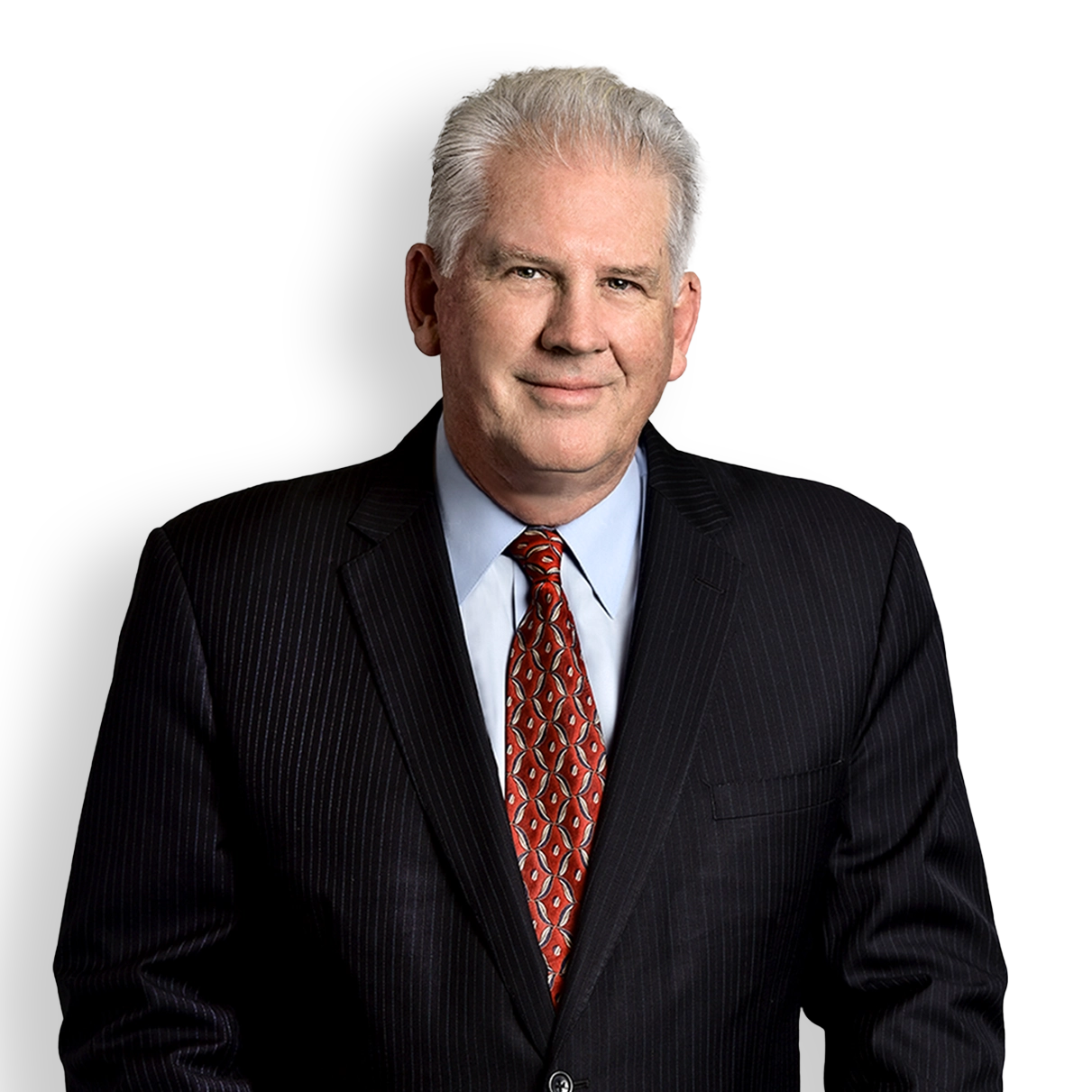HLB Intervenes in Appeal Over California’s “Epple Bill” and Convinces Court to Allow Skilled Nursing Facilities to Continue Participating in Vulnerable Residents’ Care Decisions

Mark Reagan Coordinates Successful Amicus Advocacy Efforts for the California Association of Health Facilities
The Client’s Issues and Risks
Since 1982, California Health & Safety Code Section 1418.8—also known as the “Epple Bill”—has authorized interdisciplinary teams at skilled nursing and intermediate care facilities to make health care decisions for residents who lack the capacity and do not have legally recognized advocates or guardians.
In 2013, a group of petitioners, including California Advocates for Nursing Home Reform, challenged Section 1418.8’s constitutionality arguing it denied residents their civil rights. The Alameda Superior Court agreed, finding in 2016 that the law violated the California constitution’s due process clause on its face and “as applied.” The court prohibited using the statute to administer antipsychotics and barred applying it to most end-of life-decisions.
The California Association of Health Facilities (CAHF) represents over 1,300 facilities serving the frail, elderly, intellectually disabled, and those with chronic mental illness. CAHF retained HLB to intervene in the appellate phase of CANHR v. Angell to persuade the Court of Appeals of the adverse impact the Superior Court’s decision would have on current and future residents were it allowed to stand.
The HLB Difference
Led by Managing Shareholder Mark Reagan, the HLB team collaborated with state officials and various hospital and medical associations to advocate in support of Section 1418.8. These efforts culminated in a CAHF amicus brief submitted in concert with briefs from the defendant-appellant Director of the California Department of Public Health and the other professional groups.
Mark and his HLB colleagues scoured Section 1418.8’s extensive legislative history for the most relevant and persuasive references and aligned CAHF’s stance with the state and allied associations. Besides presenting a united front backed by a sound legal and policy rationale for upholding the statute’s constitutionality, Mark coordinated the state’s replies to briefs from the petitioners and organizations such as AARP and the ACLU.
Given the serious ramifications for CAHF members and their residents, Mark negotiated with the state to share time in the oral argument. In the week between receipt of the Court of Appeals’ questions and the April 23, 2019, hearing date, he and his team diligently prepared, working closely with the state’s counsel.
The Result and Its Implications
On July 22, 2019, the California Court of Appeals upheld Section 1418.8’s constitutionality, letting interdisciplinary teams (comprised of a physician, a registered nurse responsible for the resident, and staff in disciplines associated with the resident’s needs) make medical decisions on behalf of, and in the best interests of, the resident.
The appellate court also imposed a new condition requiring applicable facilities to issue oral and written notice to the affected residents and to permit independent resident representatives when family members or friends are unavailable.
Because of Mark’s advocacy and appellate strategy, the facilities that CAHF represents continue to create and implement care plans for thousands of individuals covered by Section 1418.8 with suitable due process safeguards.
HLB’s collaboration with the California Legislature, the Governor’s Office, the California Health and Human Services Agency and other stakeholders helped establish a legal framework for residents to receive needed care. HLB negotiated all of the language contained in Assembly Bill 135 and drafted several of its provisions. AB 135 was signed into law in July 2021. This legislation established the Office of Patient Representation, and Mark and the firm have worked with the California Department of Aging (CDA) to develop policies for the new administrative entity.
On June 16, 2022, HLB obtained an amendment to the judgment issued in CANHR v. Angell to allow the CDA sufficient time to establish the program. This was the second time that HLB obtained court permission to extend the requisite time to implement the mandatory patient representation requirement.
